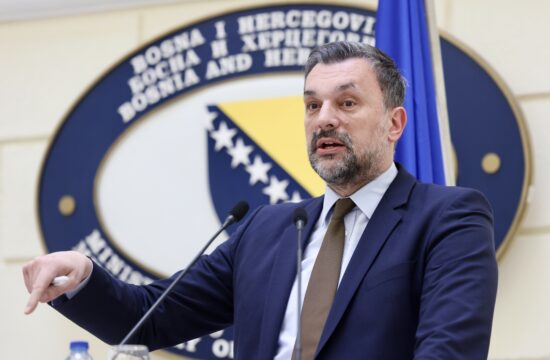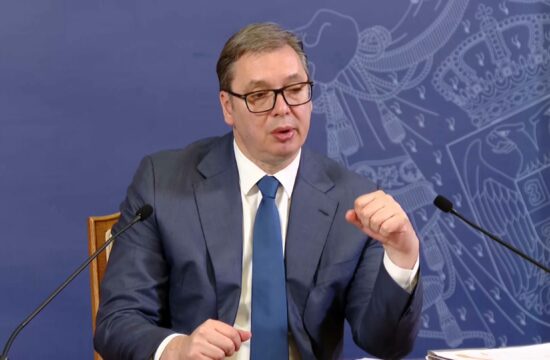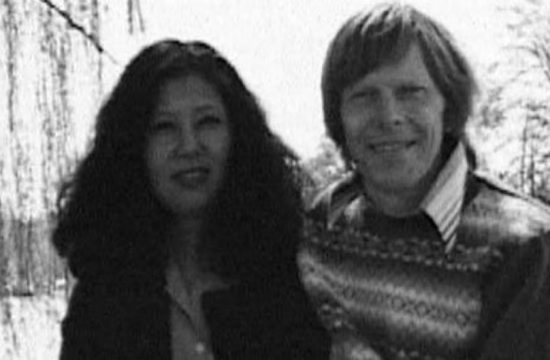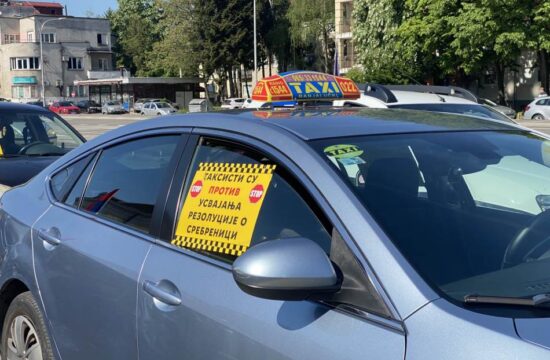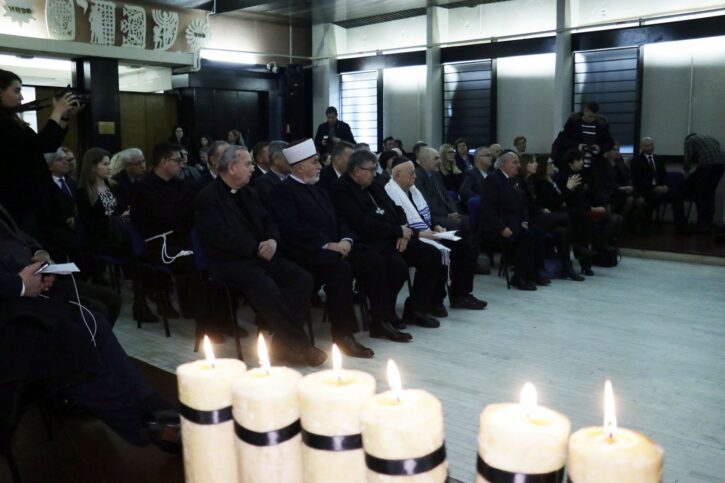
The Jewish Community in Bosnia and Herzegovina joined in commemorations of International Holocaust Remembrance Day on Monday, paying tribute to the thousands of Jews killed during World War II in that country.
“The Holocaust is a word much used and often misused and it definitely marked the 20th century,” the head of the Jewish Community in Bosnia and Herzegovina, Jakob Finci, said at a commemoration in Sarajevo.
He said that today everyone was familiar with the scale of the suffering of Jews in WWII, warning that one should also not forget about the huge suffering of other ethnic groups, notably Roma.
Commemorations of the Holocaust victims have been held for years under the auspices of the Council of Ministers of Bosnia and Herzegovina, their purpose being to point to the fact that during WWII, when Bosnia and Herzegovina was part of the Independent State of Croatia (NDH), more than 80% of local Jews were killed.

In April 1941, around 15,000 Jews lived in Bosnia and Herzegovina, including 10,500 in Sarajevo.
Those who survived did so thanks to their neighbours who hid them or by escaping and joining the Partisan resistance movement.
Husnija Kamberovic, a professor at the Sarajevo Faculty of Humanities and Social Sciences, said that the Sarajevo Haggadah, which also survived the war, was a lasting reminder of the good in people in difficult times.
The Sarajevo Haggadah is the most valuable document that bears witness to the existence of Jews in Bosnia and Herzegovina from the moment they arrived there following their expulsion from Spain in the 15th century. It is a collection of Jewish religious rules which the Nazis tried to seize during the occupation of Sarajevo, but the then head of the Sarajevo Museum hid it.
Kamberovic also said that Bosnian Jews had greatly contributed to the struggle against Nazi occupation, which, he said, had not been adequately acknowledged by the subsequent Socialist authorities.
Ten of the national heroes were Jews, and there were 14 Jewish generals in the Partisans and in the Yugoslav Army that grew out of the Partisan forces, he said.
He went on to say that the way Jews were commemorated in the former Yugoslavia, as victims of the Fascist terror, had actually served for the ideological cover-up of indisputable facts.
“The Holocaust was actually marginalised and that must be spoken about because social knowledge shapes around that,” he said.
He also warned that since Bosnia and Herzegovina gained independence, attempts had been evident to let the Holocaust fall into oblivion by renaming streets or changing school curricula.
“They can leave out Anne Frank from the assigned reading. Sarajevo can live without streets (named after the national heroes) Nisim and David Albahari or the settlement named after Pavle Goranin because they were Partisans, but we must all make it clear that evil will not prevail,” Kamberovic said.

